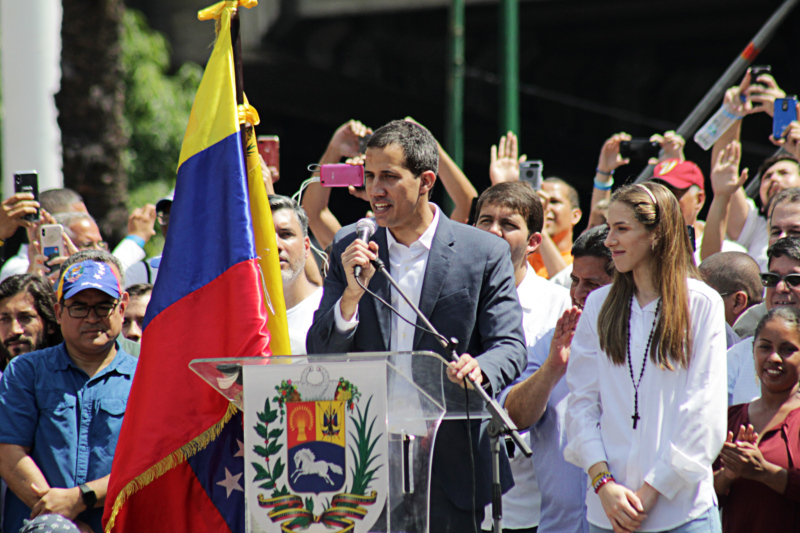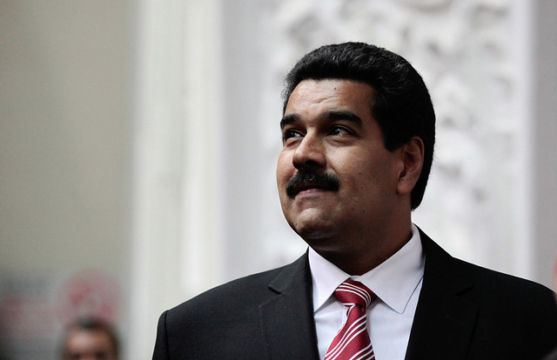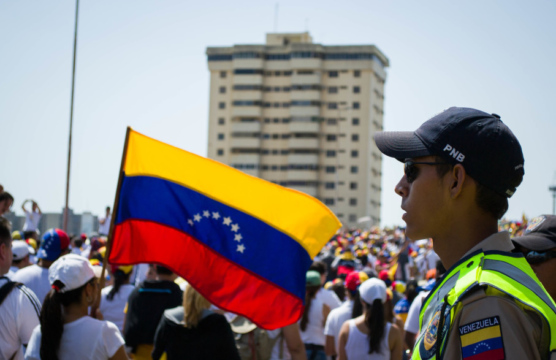Are Brazil-US Military Relations Experiencing Turbulence?
Will Brazilian President Dilma Rousseff’s visit to Washington next month help improve bilateral relations?
In the early hours of April 30, the Venezuelan opposition leader and president of the National Assembly, Juan Guaidó, initiated his third attempt this year to remove the dictator Nicolás Maduro from power. This time, he had the support of some low-ranking soldiers and, significantly, the director of the regime’s intelligence agency. At his side was his mentor, Leopoldo López, who had been freed from house arrest.
As thousands of Venezuelans poured into the streets to support the uprising, it seemed that Mr. Maduro’s regime could finally be coming to an end. But by sunset it was clear that Mr. Guaidó had failed to persuade the military to rise up against Mr. Maduro. They remain the opposition’s most formidable obstacle for a regime change.
Mr. Guaidó has since announced a series of labor strikes intended to keep the opposition’s momentum, and he continues to exhort the armed forces to turn on Mr. Maduro. This unrealistic strategy has run its course.
The military is the main power player in Venezuela. It is a highly secretive institution and though rumors about plots, divisions among cadres and imminent insurrections have been rampant, few have actually materialized. Over all, the failed uprising proved that the armed forces remain disciplined, and generals still seem to be in command of their troops. They also manage most government agencies and profit from whatever is left of Venezuela’s dire economy, including the oil industry, currency exchange, smuggling and the drug trade.
[...]
Will Brazilian President Dilma Rousseff’s visit to Washington next month help improve bilateral relations?
Venezuelan President Nicolas Maduro this month made a three-day visit to China, his first official state trip abroad since taking office. Was the trip a success?
Protests over the past two months have resulted in 41 deaths, over 650 injured, and hundreds more imprisoned.
 Alexcocopro/Wikimedia Commons/CC BY-SA 3.0
Alexcocopro/Wikimedia Commons/CC BY-SA 3.0

